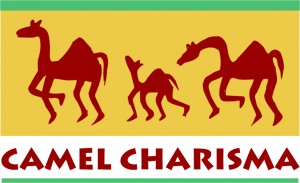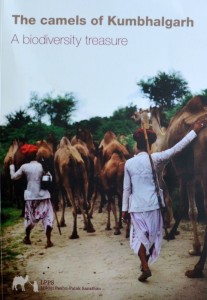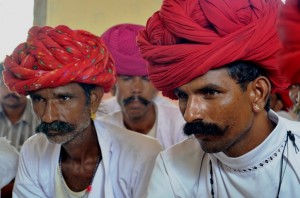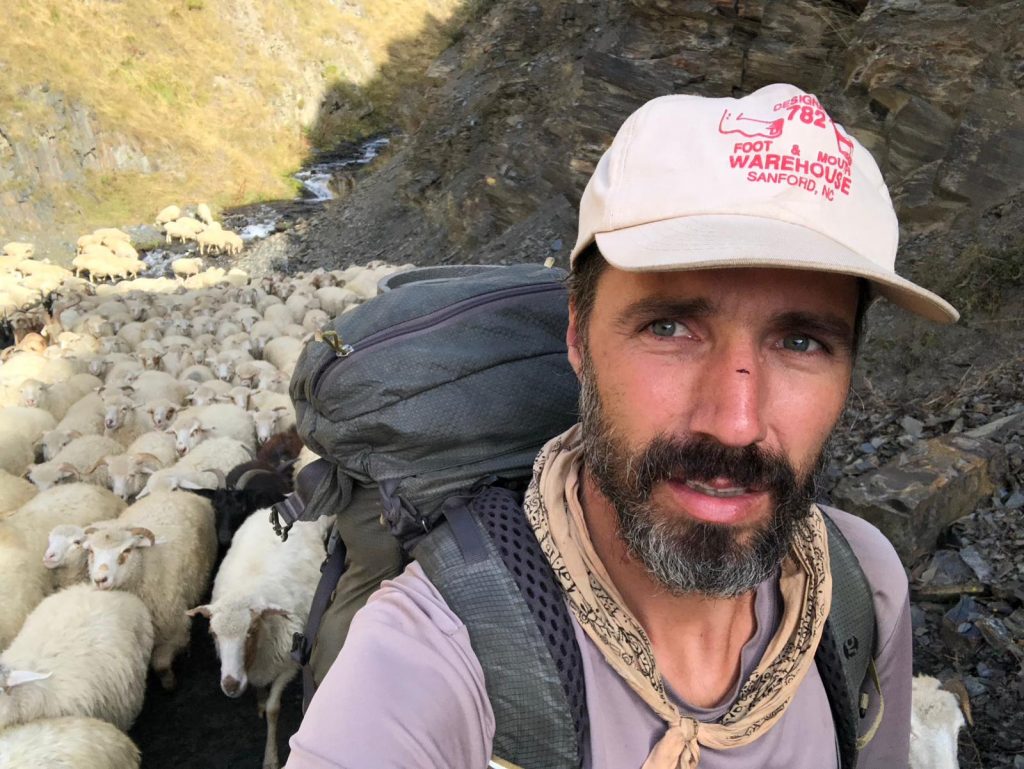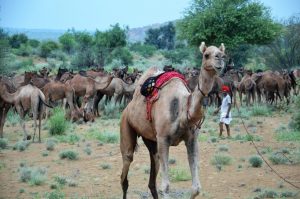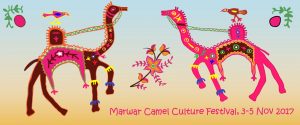Posted by : admin |
Comments: Comments Off on Rajasthan’s pastoralists have been doing it right…..
New research by the University of Cambridge suggests that sylvipastoral systems – such as practiced traditionally by the Raika and many other pastoralists – provide the most sustainable avenue for livestock production.
“It is clear that silvopastoral systems increase biodiversity, improve animal welfare and provide good working conditions while enabling a profitable farming business” says Professor Donald Broom who led the study.
See more information at http://www.cam.ac.uk/research/news/sustainable-livestock-production-is-possible
t is clear that silvopastoral systems increase biodiversity, improve animal welfare and provide good working conditions while enabling a profitable farming business. – See more at: http://www.cam.ac.uk/research/news/sustainable-livestock-production-is-possible#sthash.xku9W4gw.w5cG2nuw.dpuf
It is clear that silvopastoral systems increase biodiversity, improve animal welfare and provide good working conditions while enabling a profitable farming business. – See more at: http://www.cam.ac.uk/research/news/sustainable-livestock-production-is-possible#sthash.xku9W4gw.w5cG2nuw.dpuf

